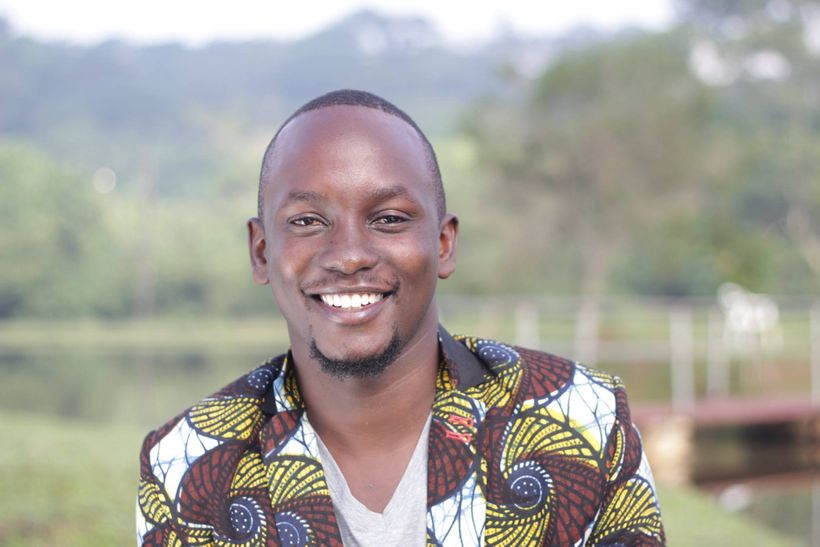
The Media Challenge Initiative in partnership with the Office of the Prime Minister (OPM) will train 1,000 young journalists this year in effective reporting on climate change in the 2019 Climate Change Media Challenge.
The OPM is working under the United Nations Development Programme (UNDP) Strengthening Community Resilience to Climate Change and Disaster Risks (SCORE) project in conjunction with Ministry of Water and Environment (MWE). The project is also supported by the African Centre for Trade and Development, DW Akademie and Konrad-Adenaeur-Stiftung Uganda.
Climate change and disasters are a significant threat to Uganda, especially in the agriculture sector, which is the backbone of the nation’s economy. While some regions such as Karamoja are increasingly affected by crippling drought, others such as the eastern Bugisu and Teso subregions are receiving above-normal rainfall, contributing to devastating floods and mudslides. The changing seasons are reducing farmers’ yields. But public knowledge of climate change is lacking: The media is an important actor in filling this information gap.
“We are implementing the climate change projects alongside different partners to improve effective reporting on climate change and disaster risk reduction, and in the process to increase awareness of the intensity of climate change and disasters in Uganda,” said Abaas Mpindi, Media Challenge Initiative CEO. “We also want to promote individual responsibility through storytelling, showing the world what is going on and helping them to be able to act to protect their communities.”
Officially launched at Makerere University on Friday, 13th September 2019, the 2019 Media Challenge targets student journalists together with mainstream journalists in trainings and contests about climate change journalism. Between September and November 2019, the Media Challenge Initiative is organizing 3-day trainings at 15 universities of journalism to provide young journalists with knowledge and skills to report about climate change issues and solutions and develop practical journalism skills such as recording and editing video stories on smartphones.
From 1st – 3rd November 2019, the 3rd annual Media Challenge Expo three-day festival under the theme ‘Reporting on Climate Change and Disaster Risk Reduction in Uganda’ will bring together the Uganda media fraternity for conference sessions on improving climate change communication in the country, a journalism career fair for students, more than 15 different journalism skills trainings, and a live news reporting competition for university teams.
This year, the event will also include special trainings for professional journalists, citizen journalists, and university journalism lecturers in climate change reporting. The Media Challenge Initiative will also kick off the first national Climate Change Media Awards, where the best student and mainstream journalists reporting about climate change issues will be awarded.
The top 26 journalism students will win a spot in the MCI 6-month aggressive multimedia journalism fellowship program, where they will travel to rural areas across the country to cover innovations helping Ugandans to reduce and adapt to climate change.
The project intends to contribute to the employability of young journalists in the country as well as improve the media’s communication of climate change issues so as to enhance public awareness and climate action.
This is the third year of the annual Next-Gen Journalist Program designed by the Media Challenge Initiative that aims to empower the next generation of journalists in Uganda. The 2017 program focused on Women in Media and the 2018 program focused on Media Coverage of Refugees. After the first year of the Media Challenge Fellowship Program in 2018, 20 of the 26 fellows gained employment in the media, including on NBS, NTV, New Vision, Daily Monitor and Record TV.
